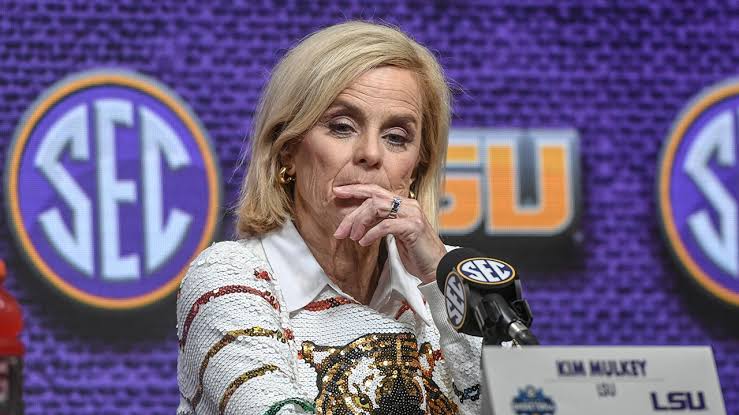Kim Mulkey, the head coach of the LSU Tigers women’s basketball team, experienced tremendous personal and community traumas in early 2025, which had a significant impact on her and the squad. These instances highlighted the emotional issues that athletes and coaches face outside of the basketball court.
Mulkey lost a family member unexpectedly in March. This defeat prompted her to withdraw from her coaching duties for the Southeastern Conference (SEC) tournament. Assistant coach Bob Starkey took over as head coach for LSU’s quarterfinal game against Florida, which the Tigers won 101-87. Mulkey, although being on the bench, elected not to lead the game, claiming, “I love this great game of basketball, but it’s not more important than the time it takes to recover from an unexpected death.”
Mulkey had also been severely affected by a horrific episode in New Orleans earlier that year, in which several young people died. The proximity of the event to her players and staff heightened the emotional impact. She said, “It’s too near to home, too emotional… It’s simply horrible, and it’s heartbreaking to realize that it happened so close to home.”
These successive deaths highlighted the significance of mental health awareness and support in sporting programs. Mulkey’s candor about her loss and the mental cost of these occurrences put emphasis on the often-overlooked psychological obstacles of athletics. Her experiences serve as a poignant reminder of the importance of providing comprehensive mental health resources and support networks to both athletes and coaches.
Mulkey demonstrated perseverance and the need of treating mental health in athletics when dealing with personal and communal losses. Her path demonstrates that healing is a process, and that addressing emotional difficulties is an important step toward recovery.

